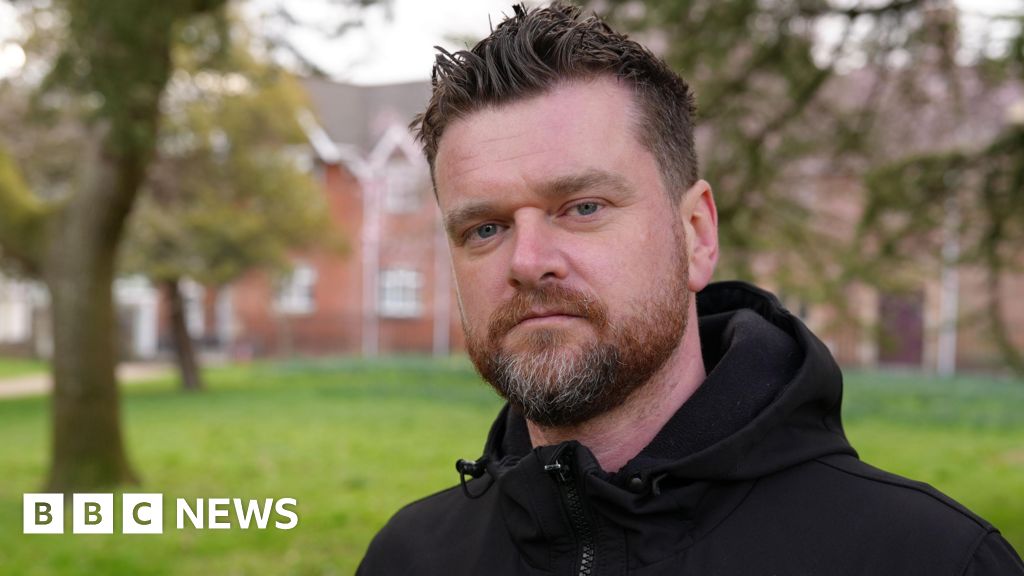Get the latest tech news
Are you the same person you used to be? (2022)
Researchers have studied how much of our personality is set from childhood, but what you’re like isn’t who you are.
The fate of any given Harvey, Allison, Ike, or Katrina might be shaped, in part, by “air pressure in another locale,” and by “the time that the hurricane spends out at sea, picking up moisture, before making landfall.” Donald Trump, in 2014, told a biographer that he was the same person in his sixties that he’d been as a first grader. In the book “ Life Is Hard,” the philosopher Kieran Setiya argues that certain bracing challenges—loneliness, failure, ill health, grief, and so on—are essentially unavoidable; we tend to be educated, meanwhile, in a broadly redemptive tradition that “urges us to focus on the best in life.” One of the benefits of asserting that we’ve always been who we are is that it helps us gloss over the disruptive developments that have upended our lives. One of the participants in the “Up” series tells Apted, “It’s taken me virtually sixty years to understand who I am.” Martin Heidegger, the often impenetrable German philosopher, argued that what distinguishes human beings is our ability to “take a stand” on what and who we are; in fact, we have no choice but to ask unceasing questions about what it means to exist, and about what it all adds up to.
Or read this on Hacker News
